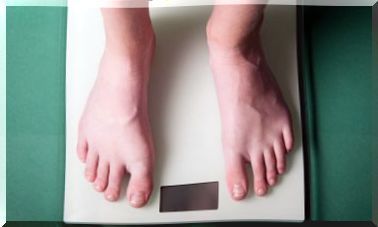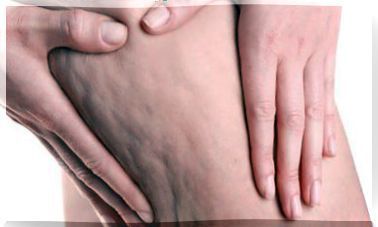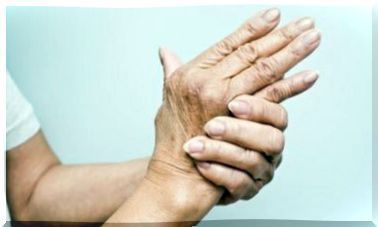5 Home Remedies For Irritated Scalp
Behind an irritated scalp lie problems such as psoriasis, dandruff and dermatitis. While it is necessary to consult a dermatologist, some natural remedies help calm you down.
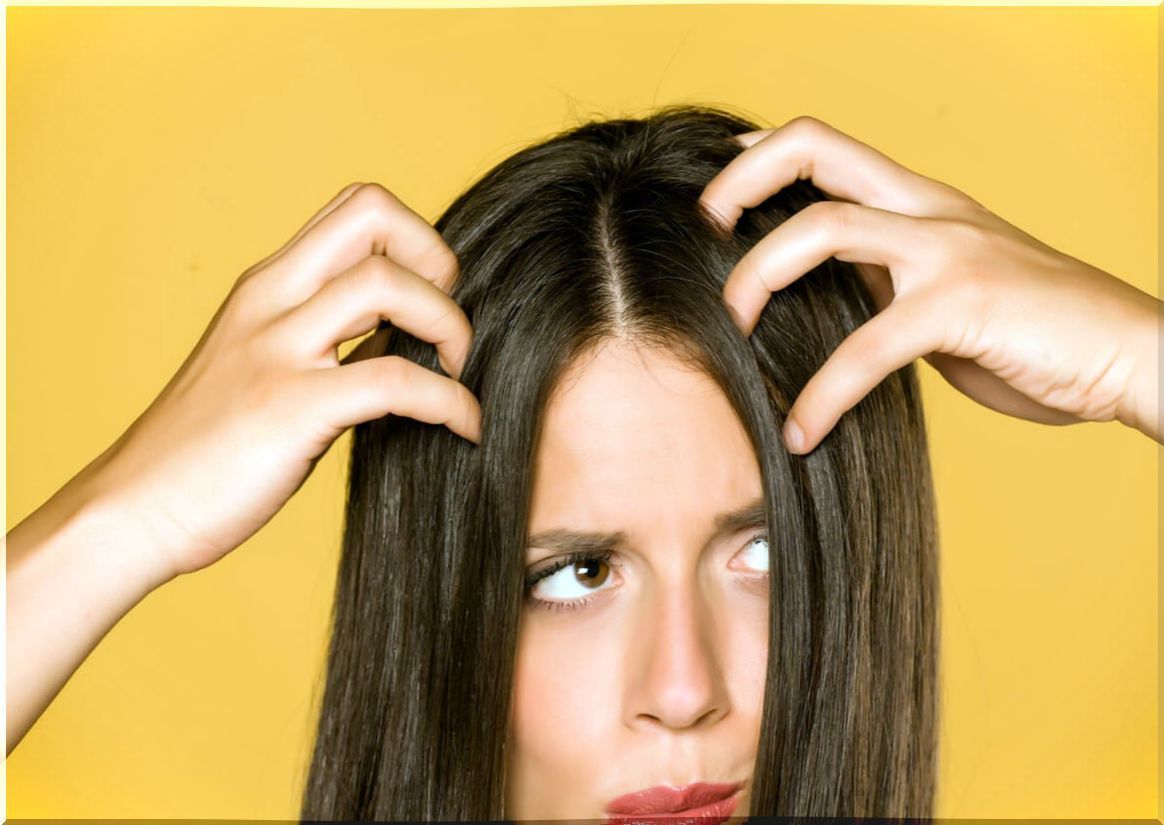
An irritated scalp, also called “itchy scalp”, is an uncomfortable symptom that can alert several dermatological problems. Although most cases are mild and transient, they are sometimes the clinical manifestation of conditions that require attention.
Even the itching is accompanied by redness, peeling, sores and swelling. Fortunately, there are some home remedies that serve as adjuvants to soothe irritation and its associated symptoms. Do you dare to try them? Read on to find out!
Causes of irritated scalp
Before discovering some home remedies for irritated scalp, it is advisable to do a brief review of its main causes. And, as an article published in BioMed Research International exposes , it may have its origin in several underlying diseases.
In particular, it is associated with the following conditions:
- Yeast infections, such as ringworm (dandruff)
- Eczema.
- Atopic dermatitis.
- Lice infection ( pediculus humanus ).
- Contact dermatitis.
- Psoriasis.
- Insect bites.
- Seborrheic dermatitis.
- Hormonal fluctuations.
- Stress or anxiety
- Herpes zoster infection.
Depending on its cause, the irritation may improve over time without the need for treatment. Still, the recommendation is to consult a doctor or dermatologist, as certain cases require specific products or medications.
Also, you can try some home remedies that help relieve symptoms temporarily. Although they should not be a first-line treatment, they are a good complement. Take note!
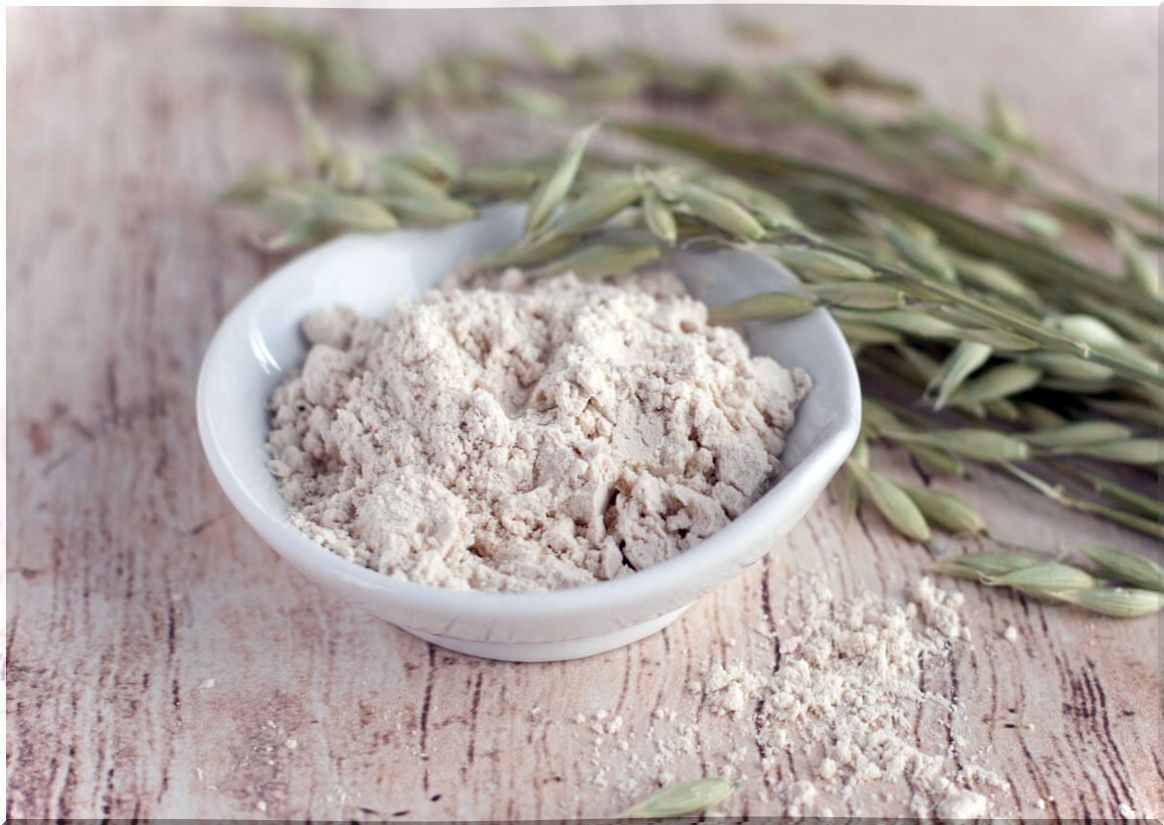
Home remedies for irritated scalp
Home remedies for irritated scalp are made from ingredients with soothing properties. Its application will not cure the disease causing the irritation, but it will reduce the symptoms to make it more bearable while it is overcome. Let’s see 5 options in detail.
1. Colloidal oatmeal
Colloidal oatmeal is characterized by its anti-inflammatory and antioxidant properties. It is a type of powdered oatmeal dissolved in water that is often used in shampoos and cosmetic products. The reason? It has soothing effects on the skin and scalp.
According to a study published in the Journal of Drugs in Dermatology , this ingredient helps reduce dryness, flaking, and the intensity of itching. In addition, it is suitable for all skin types.
Instructions
- Dissolve a couple of tablespoons (30 g) of colloidal oatmeal in water.
- Then, apply the liquid all over the scalp and let it act for at least 20 minutes.
- Rinse and repeat its use every day, until the irritation of the scalp is controlled.
2. Lemongrass oil
Lemongrass essential oil stands out in natural cosmetics for its astringent properties. Its topical application is ideal to reduce excessive oil production and problems such as dandruff. In fact, it has anti-inflammatory properties that reduce the severity of skin problems such as dermatitis and eczema.
Instructions
- Combine a couple of drops of lemongrass oil in a tablespoon of shampoo.
- Next, use the preparation to massage your scalp.
- Rinse and repeat its use every day.
3. Organic coconut oil
Organic coconut oil has gained popularity in cosmetics due to its beneficial effects on the skin. It concentrates a type of saturated fat known as lauric acid, to which anti-inflammatory and antimicrobial properties are attributed.
Therefore, its topical application on the scalp helps to minimize irritation. Even an essay published in the European Journal of Pediatrics found that, mixed with anise, this oil helps fight lice.
Instructions
- First, take a tablespoon of coconut oil (15 g) and spread it all over your scalp.
- Massage for 2 or 3 minutes and let it work for a couple of hours.
- Rinse as usual and repeat your application until irritation is completely controlled.
4. Aloe vera
The gel contained in aloe vera leaves is an adjuvant for irritated scalp. Its application not only refreshes the affected areas, but also reduces problems such as dryness, dandruff and flaking. Specifically, it has anti-inflammatory, moisturizing and antibacterial properties.
Instructions
- Extract the fresh gel from an aloe vera leaf and blend it in the blender with a stream of water.
- Next, distribute the product throughout the scalp and leave it to act for 20 minutes.
- Rinse with warm water and repeat its use 2 times a week.
5. Shampoo with salicylic acid
Shampoo containing salicylic acid can be purchased at any pharmacy or health food store. It is an effective product in the treatment of scalp irritation, even when its cause is psoriasis or seborrheic dermatitis.
This substance is a beta hydroxy acid that is present in the bark of the white willow. Anti-inflammatory and antibacterial properties are attributed to it that, at the topical level, benefit the health of the skin.
Instructions
- Purchase a salicylic acid shampoo and apply a small amount every day.
- Massage the scalp for 2-3 minutes for best results.
- Some choose to crush aspirin and add it to shampoo to have a similar effect. However, there is no evidence that this remedy works.
Note: People with an allergy to aspirin should avoid salicylic acid shampoo.
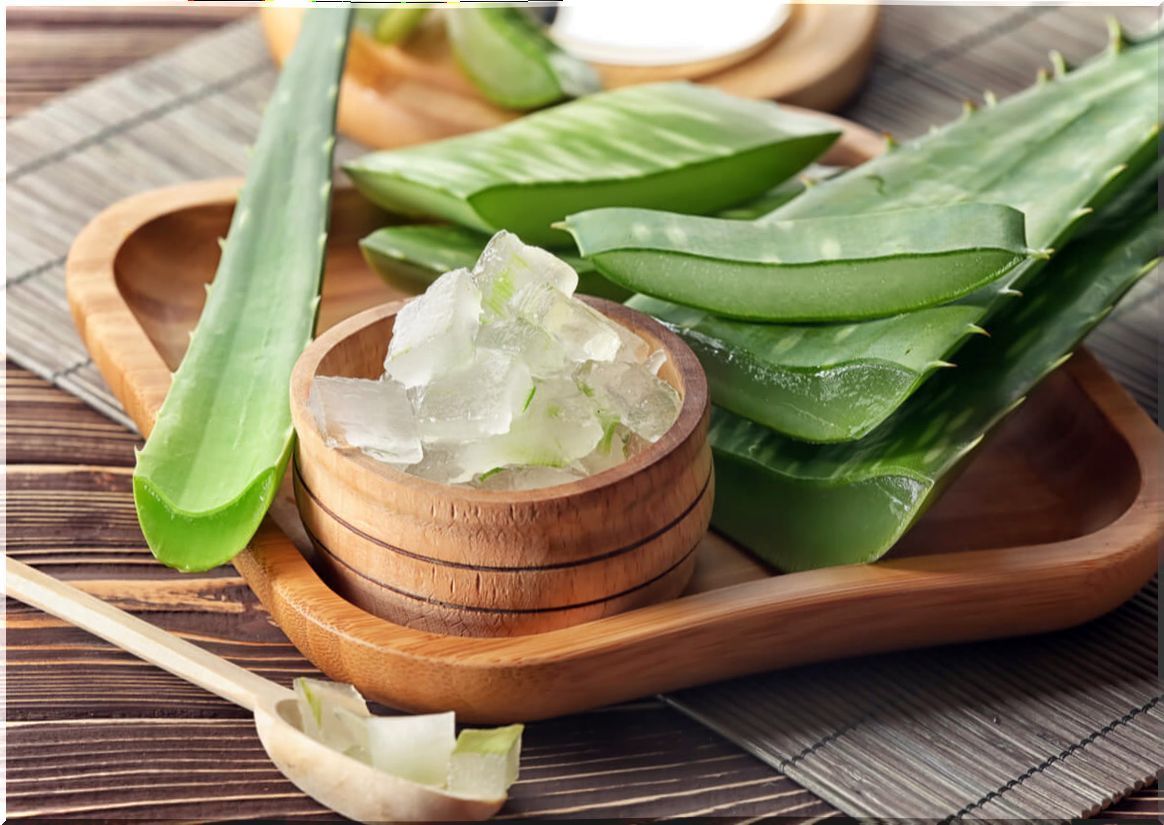
Risks and possible side effects
Applying these natural remedies is safe for most people. Despite this, before using them in their entirety, it is advisable to do a small test on one of the parts of the scalp. If there are no unfavorable reactions, it can be used without problem. In the meantime, if the itching increases, it must be stopped and rinsed with plenty of water.
What to remember about irritated scalp remedies?
An irritated scalp is the manifestation of various dermatological problems. Because of this, home remedies should be only an adjunct to calm the discomfort. If irritation persists, the doctor or dermatologist will need to make a diagnosis to guide treatment.
On the other hand, keep in mind that ingredients such as essential oil and salicylic acid can be strong for some people. Therefore, before using them, it is better to do a small tolerance test. If there are no signs of adverse reactions, they can be used without problem. Keep that in mind!

